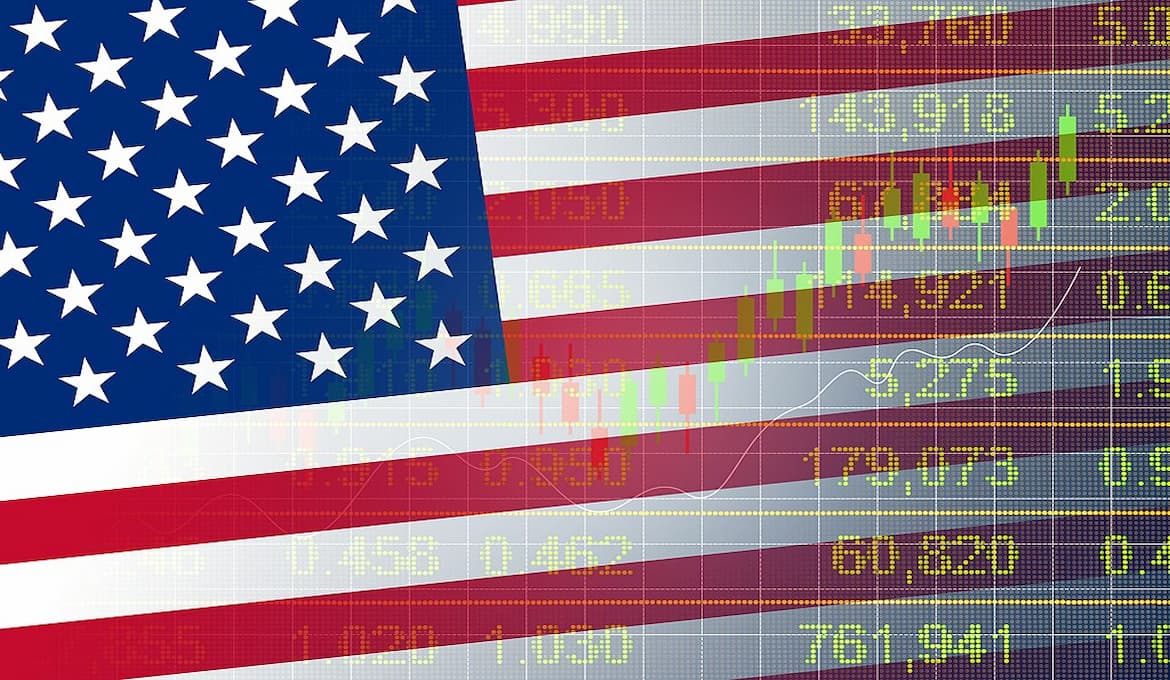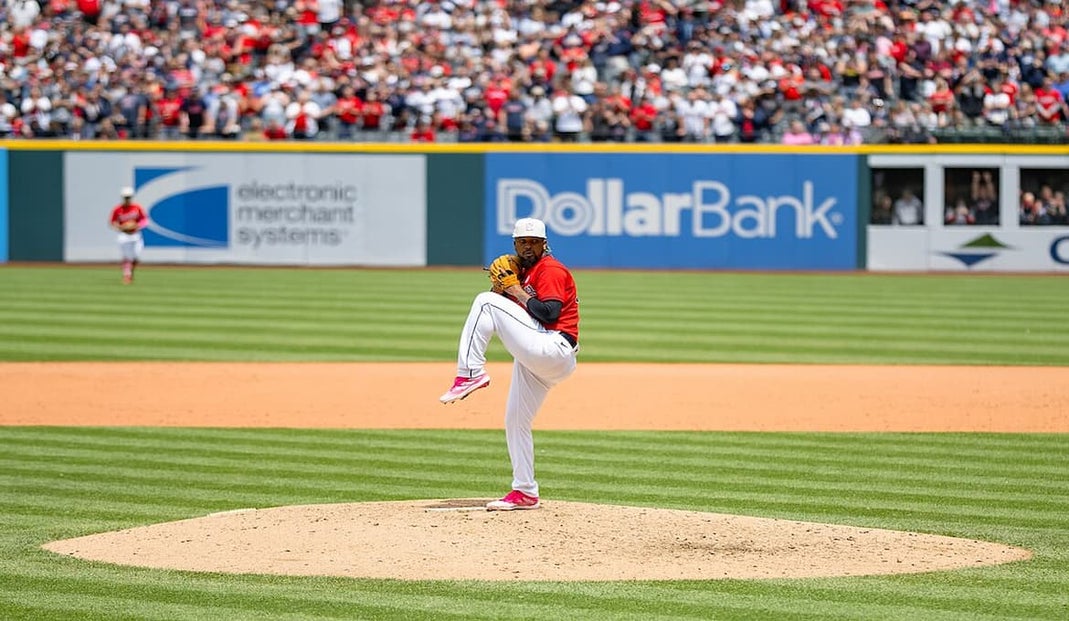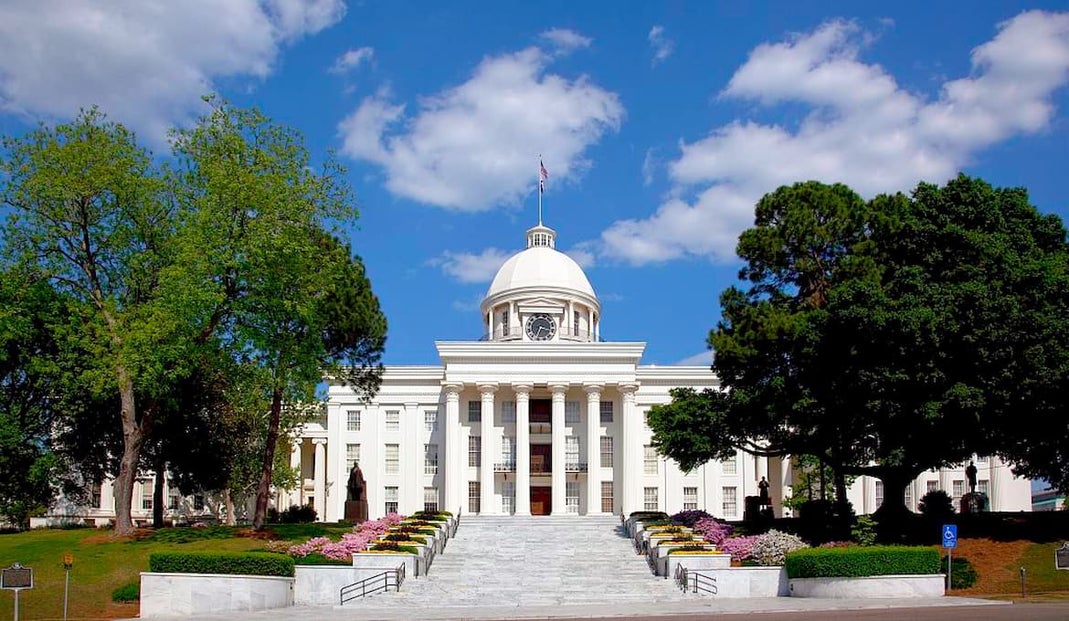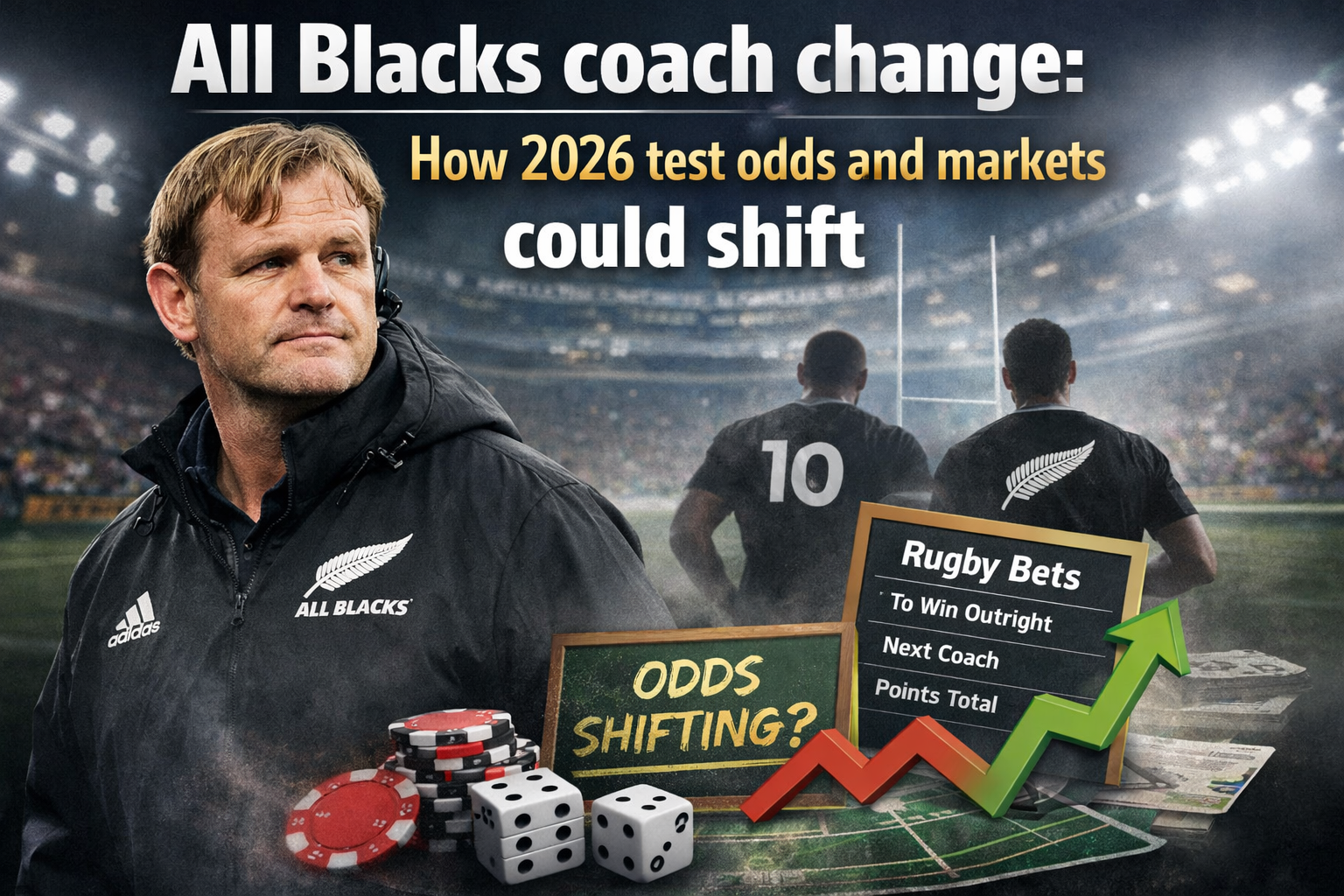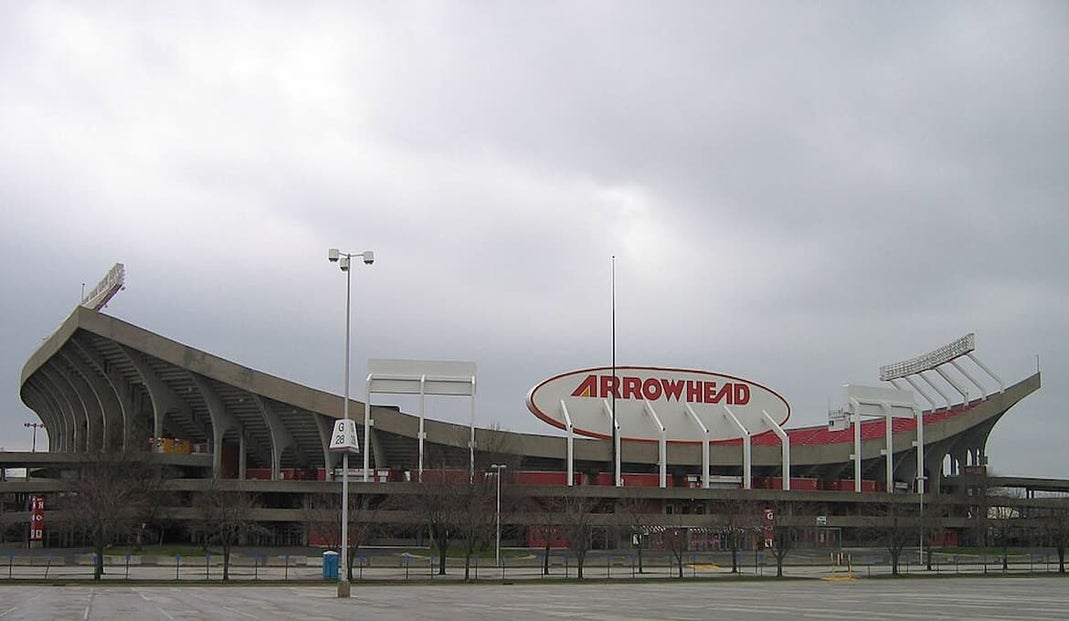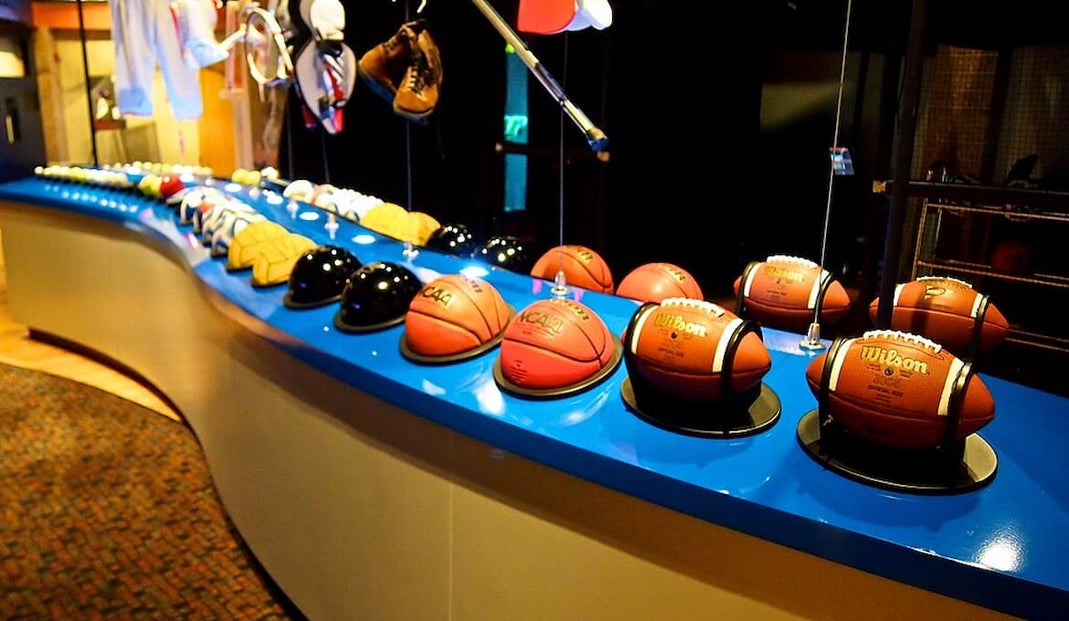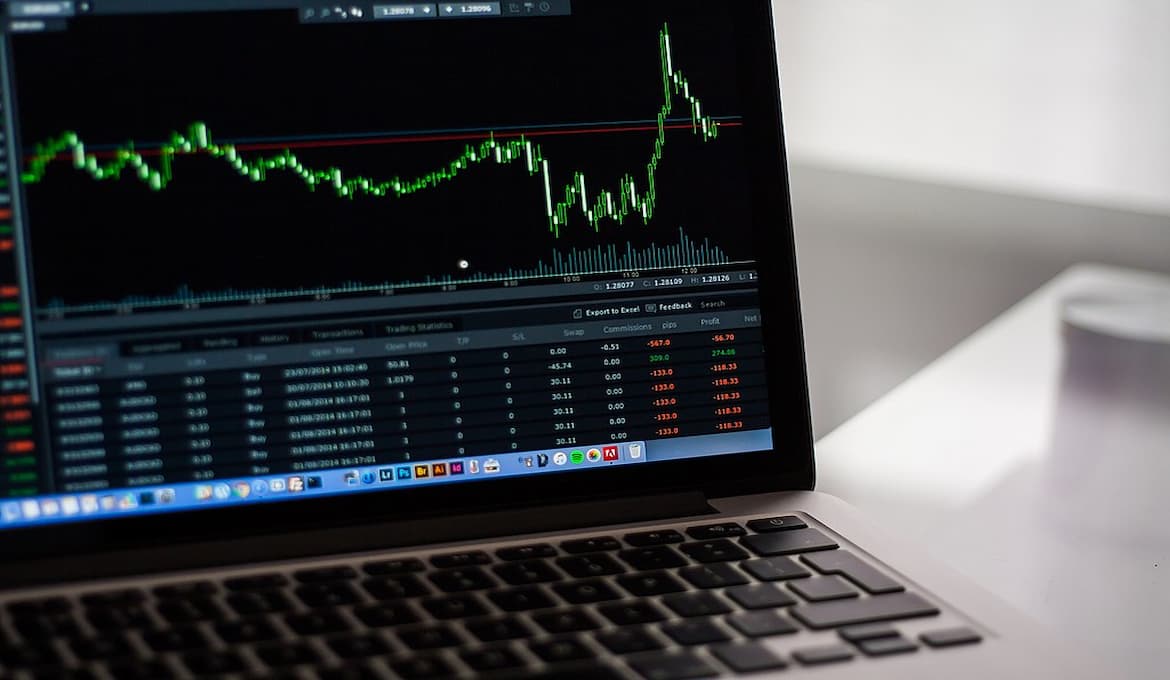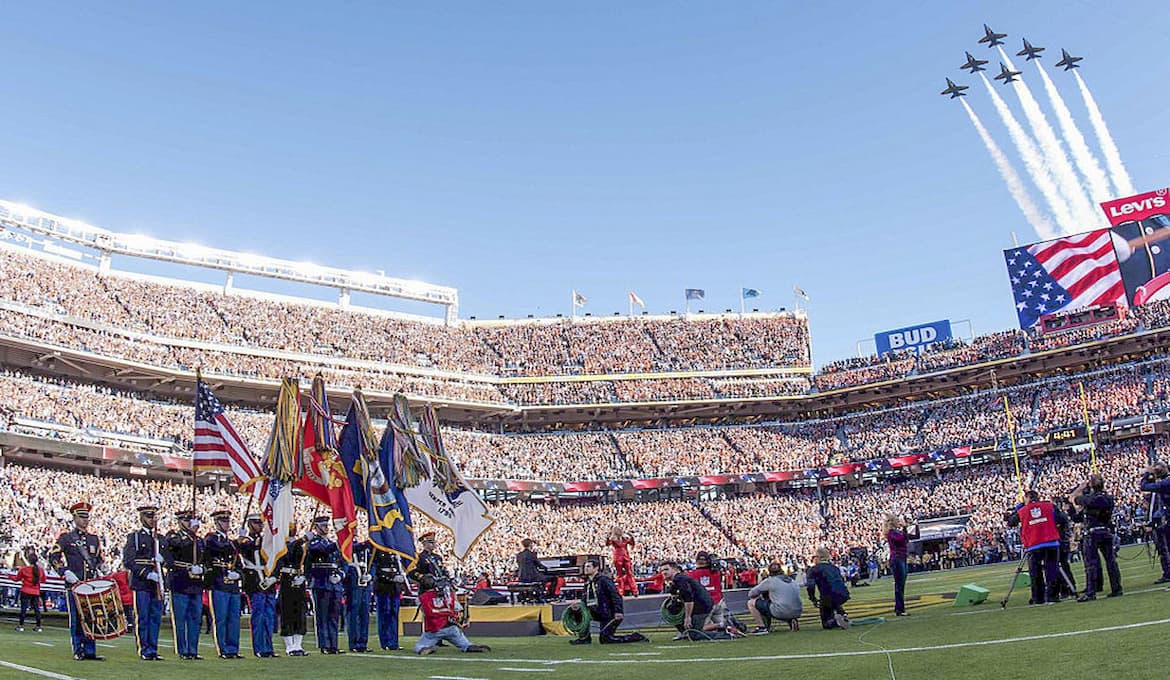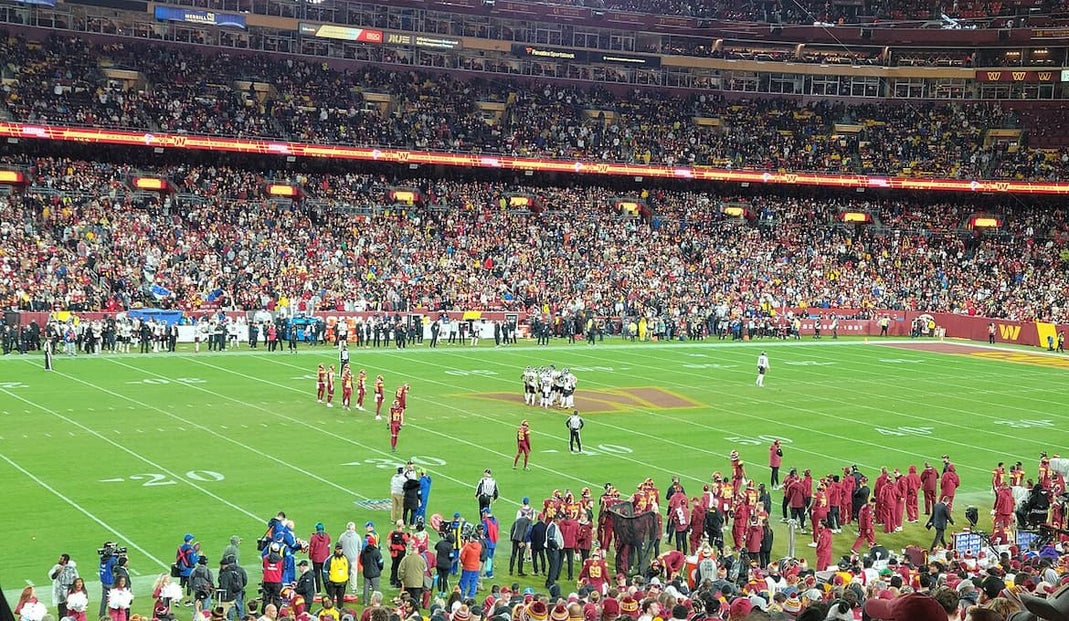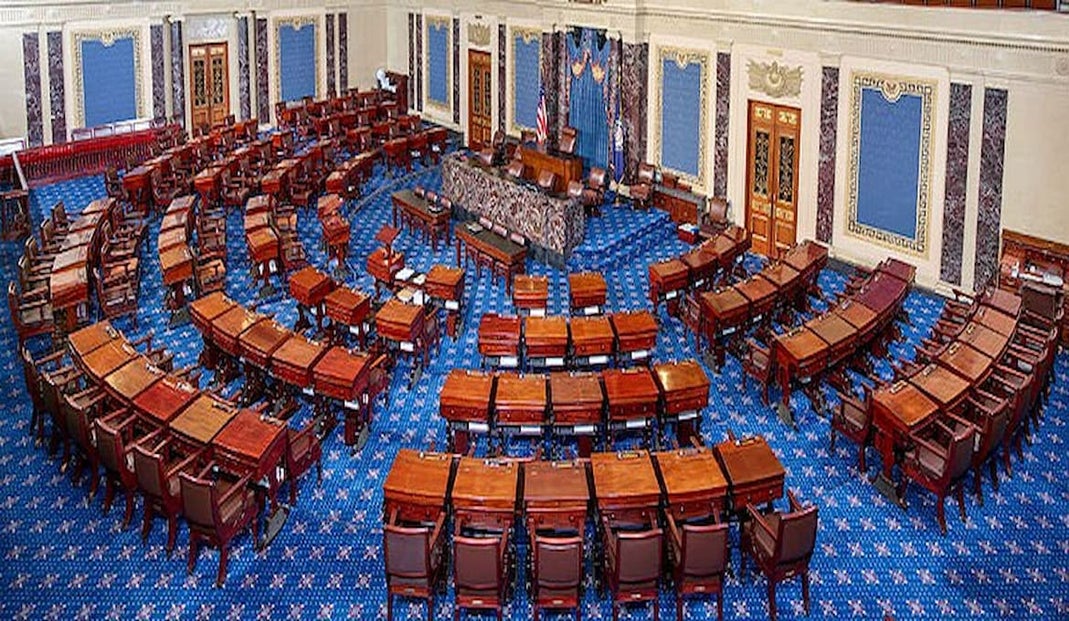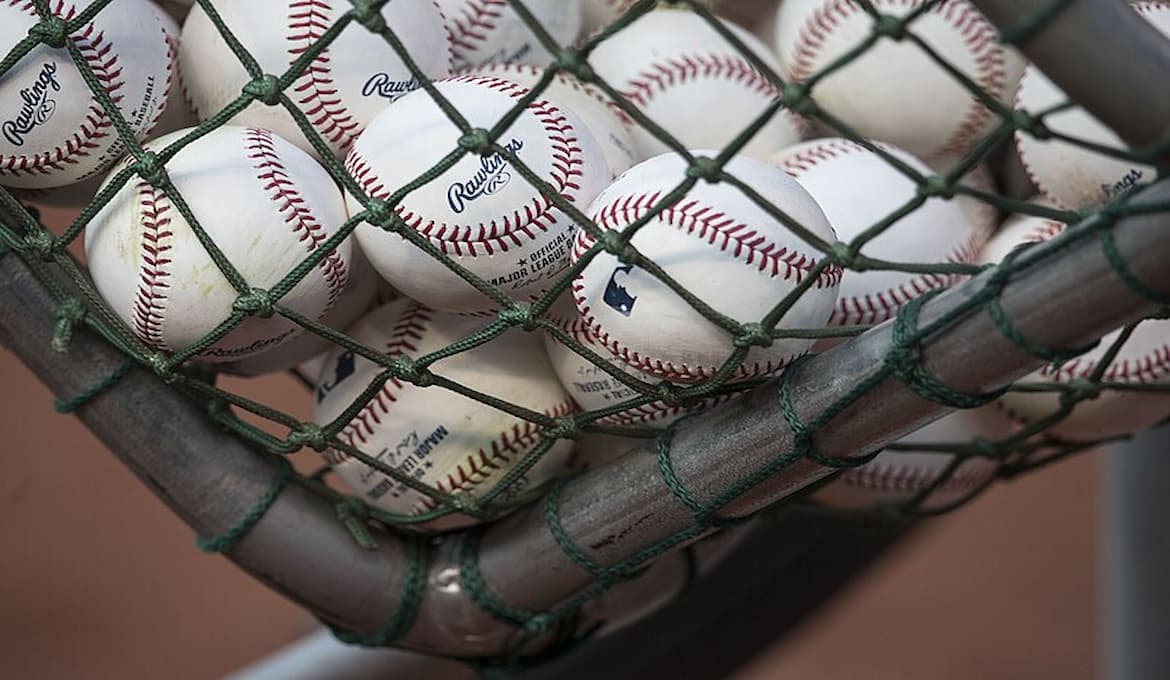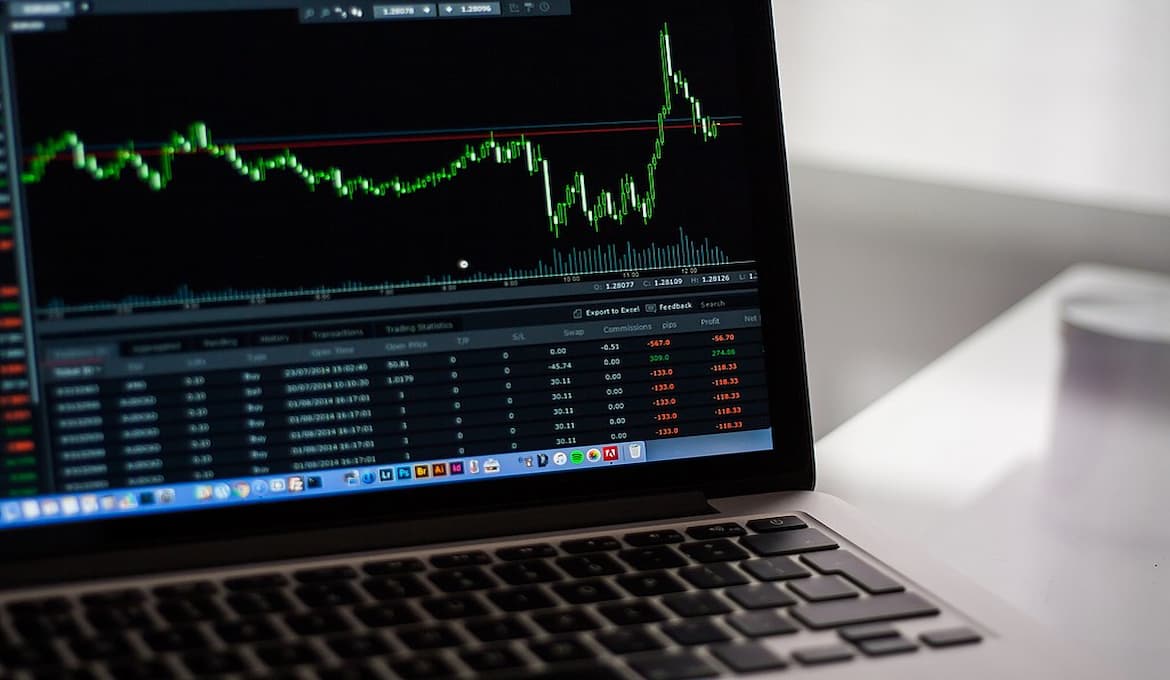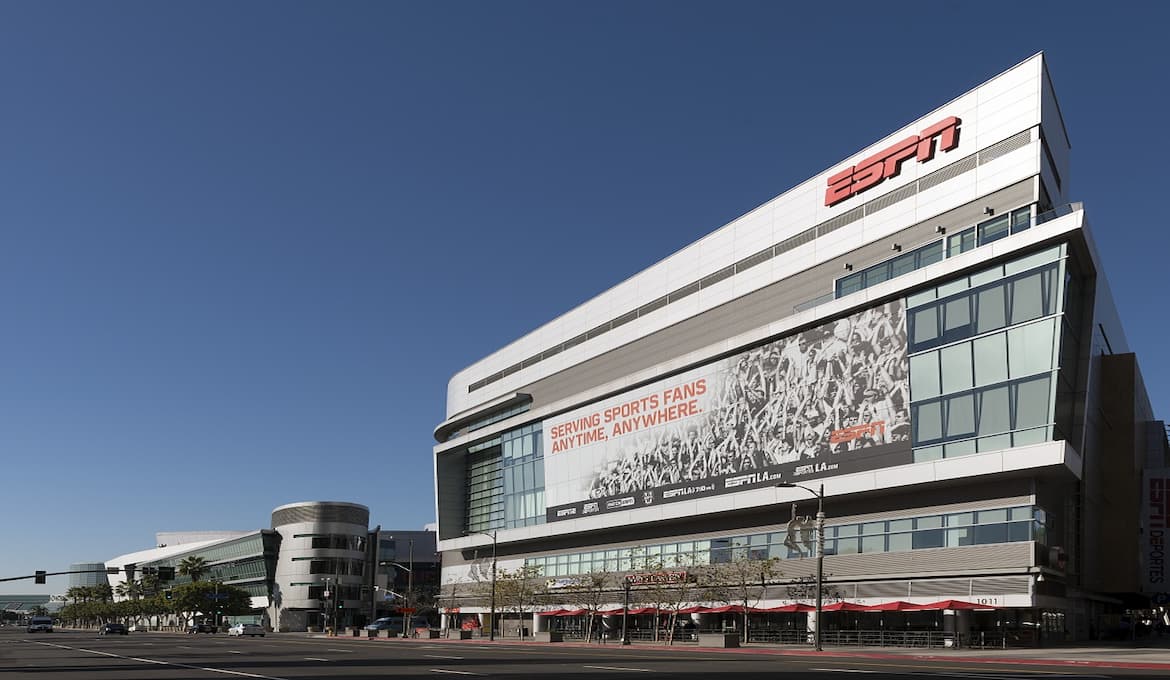Study Finds Public Sees Markets as Betting
The AGA conducted a poll of 2,025 registered voters across the US. They asked a series of questions regarding how they view sports prediction markets, and it showed that Kalshi’s claims aren’t working.
There were several questions asked, but two results stand out against the rest.
The first is that 85% of all those surveyed said that sports prediction markets are more like gambling than financial trading. The second was that 80% believed the new industry should be regulated like sports betting.
Results Are Part of a Larger Strategy
While the AGA’s study leaves few questions on where the public stands, it won’t directly lead to any change. Not only is it a small sample size, but it was also conducted by a party with a significant interest in returning favorable results. We aren’t claiming the study isn’t legitimate, but operators like Kalshi likely will.
The study’s lack of legal standing isn’t a problem because it is part of a larger strategy. The opposition, comprising various groups with differing interests, argues that sports prediction markets are gambling in court. The AGA results help boost that argument, showing that the public largely agrees.
Did Kalshi Doom Itself?
The most stunning part of the fight over sports prediction markets is Kalshi’s marketing strategy.
While their lawyers sit in court and attempt to convince judges their offering isn’t sports betting, Kalshi's advertising says the exact opposite. Instead, their ads promote the platform as a way to bet on sports in all 50 states legally. Nothing about prediction markets is explained, as the advertisements almost exclusively use sports betting terms.
The operator also launched new markets for this NFL season, adding ones for spread, totals, and prop bets. They are also allowing customers to create parlays, making the platform almost indistinguishable from a sportsbook.
That defiance led to the AGA’s lopsided poll and will make it increasingly difficult for judges to support their claims.


